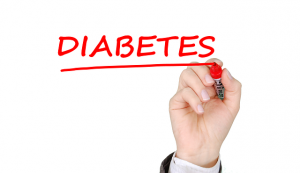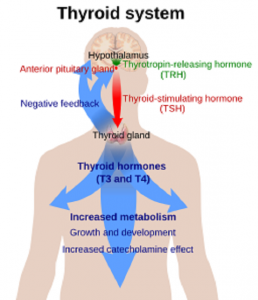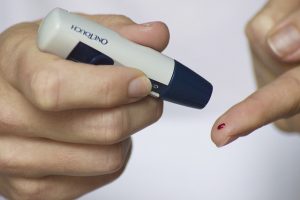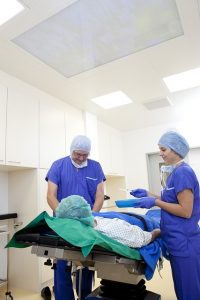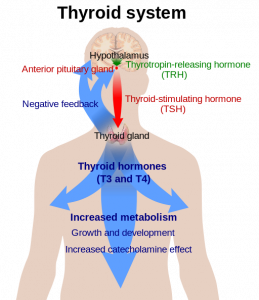The health benefits of eating fish outweigh the health risks. This is especially true when we have sufficient dietary selenium intake and sufficient selenium status to 1) give a protective effect against methylmercury and 2) serve other biological purposes [Jorge 2024].

To varying degrees, all fish contain some mercury. The mercury in fish and seafood is primarily in the form of methylmercury. Unchecked, the methylmercury targets the nervous system. It disrupts cellular processes. Too much exposure can lead to a loss of muscular coordination and to a loss in cognitive function. Accordingly, the presence of mercury could be a health risk for people who eat fish regularly [Jorge 2024].
Fortunately, many edible fish contain selenium in molar concentrations adequate to sequester the methylmercury in the fish and to render it less harmful. Ralston & Raymond have developed criteria for the calculation of selenium health based values. The calculations are based on the relative molar concentrations of mercury and selenium in various types of fish [Ralston 2016].

